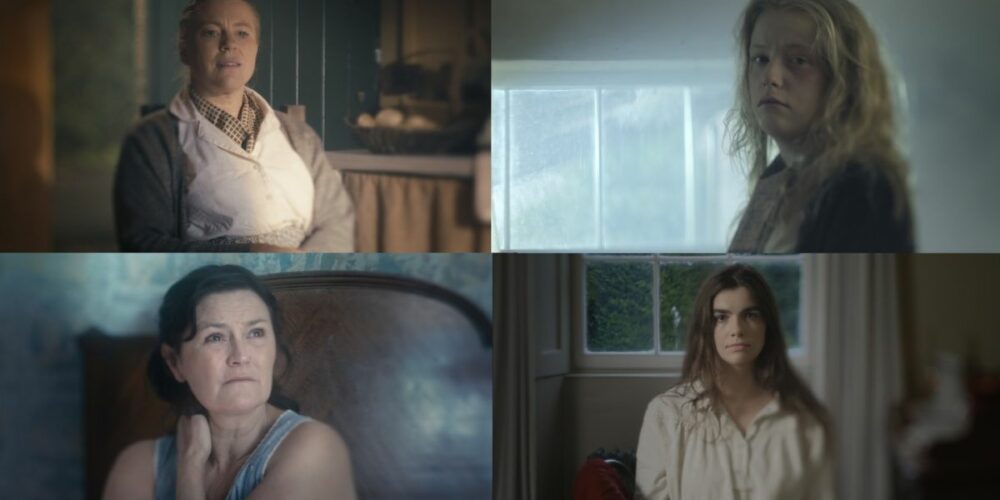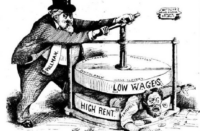“Cogadh ar Mhná” [war on women], a documentary that TG4 broadcast at 9:30 p.m. on 23 September, describes how sexual violence was used against women during the War of Independence and the following Civil War.
More heartbreaking are the words of the women themselves, women who often didn’t have the language to describe what happened to them and were forced to resort to innuendo and implication to convey the horror of their experience. Some were plagued by shame and the trauma of what happened to them, silenced except to themselves. Those who were able to attempt to seek justice found themselves walled off and isolated, their case never being heard or followed up. Others had their stories used for propaganda purposes, ironically often by those refusing to correct or denying such behaviour in their own ranks.
The War of Independence and following Civil War were not conflicts of equals; but this documentary was not one focused on the political machinations of the time or the reasoning behind these historic events. The point was to look at and lift up the forgotten voices of women throughout the country victimised by both sides of the conflicts. Though sexual violence has long been a part of almost every conflict, this has been a blind spot concerning our own history during this period. It was long assumed that sexual crimes were absent from these struggles. As stated in the documentary, the British assumed their national character would prevent such crimes being carried out; the pro and anti-treaty sides resorted to the narrative of heroic men doing battle and sacrificing themselves for a greater cause. Women’s participation or existence was largely uncommented on and, in many instances, removed.
This belittling of women alongside the view of women’s bodies as legitimate targets by the fledgling state has had a lasting impact on the role of women in Ireland. Women of the new Ireland were quickly and quietly returned to the home and their “natural role” of wives, mothers, and caregivers. Social pressure tacitly implied that a woman who performed these roles sufficiently would be protected by their absence from public life. Women who were seen to be a little too friendly or outgoing or loud brought attention upon themselves and therefore punishment, be it by sexual crime or incarceration in laundries, often both.
The continuation of this legacy is still in evidence to this day: newspapers that publish stories filled with faux-outrage about judges sympathising with perpetrators of sexual crime even when in the act of sentencing them are the same ones who denounce the character or actions of the survivor.
The scales of justice have never been balanced in this country, and it would be foolish to expect them to suddenly be in the case of crimes against women, particularly those of the working class. It was not that long ago that a woman could face a longer term for the termination of a pregnancy than a man would for rape. 95 per cent of incarcerated women are locked up for petty crime, and the vast majority of these women are from the poorest sections of the working class—women who have already been victimised by the capitalist system.
Not one sector of our society is free of sexism in all its various forms, and as a result the left has a particular duty to challenge it and combat it, and long before it reaches the point of a crime. Women are an essential component of any struggle, and it is not enough that we try to right the wrongs of the past alone. It is not enough to talk the talk.
In a world where workers are seen as disposable, women workers even more so, true solidarity comes in lifting their voices, having them tell their stories, in their own words, for their own purposes. No-one should have to wait a hundred years for their truth to be heard. Our job is to listen.
■ “Cogadh ar Mhná” can still be viewed on TG4.ie until 29 October.






